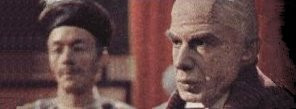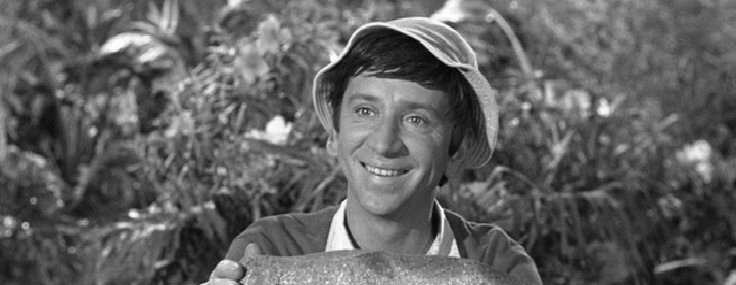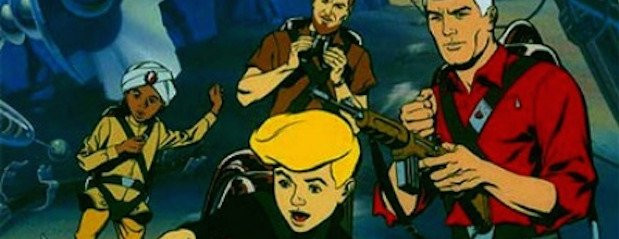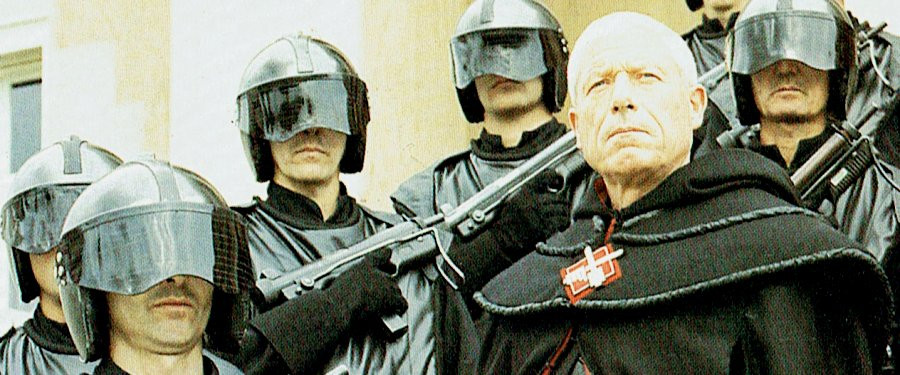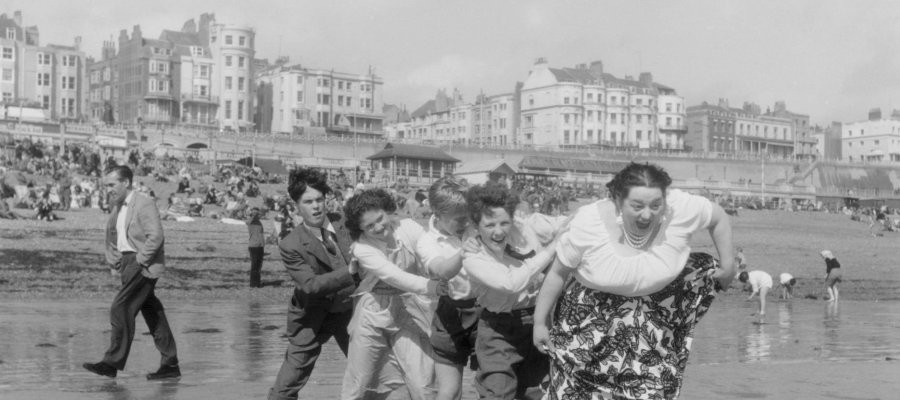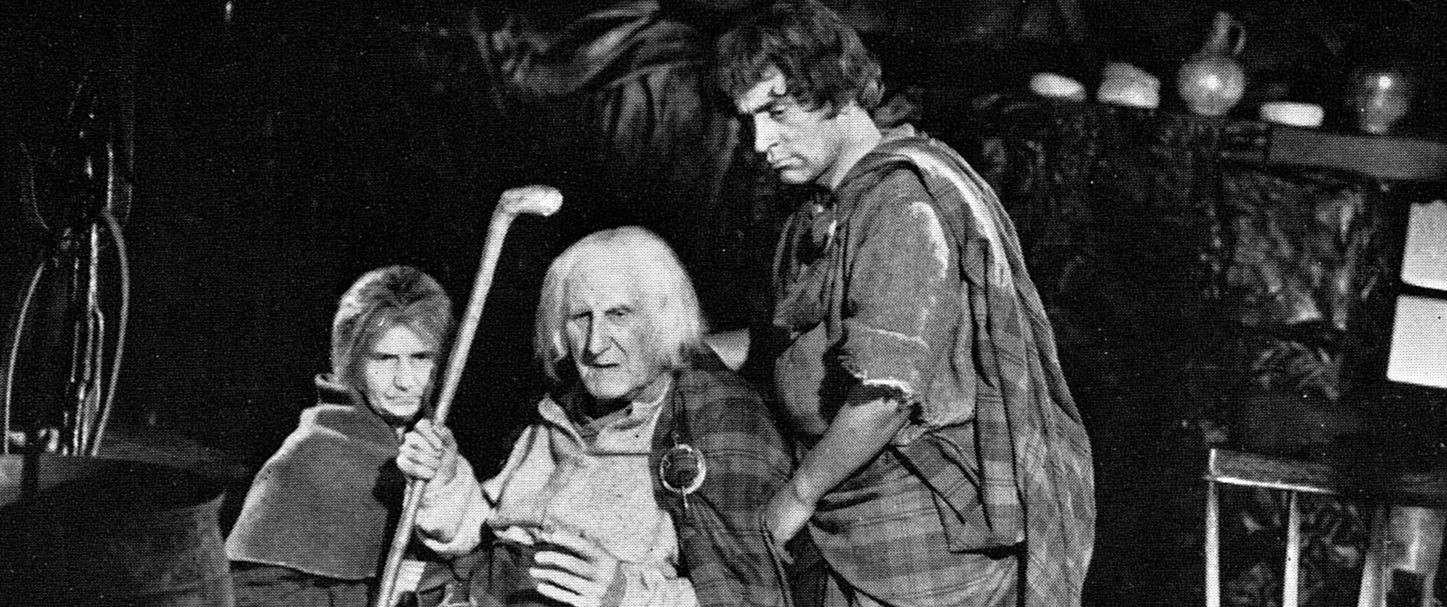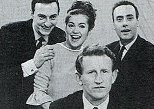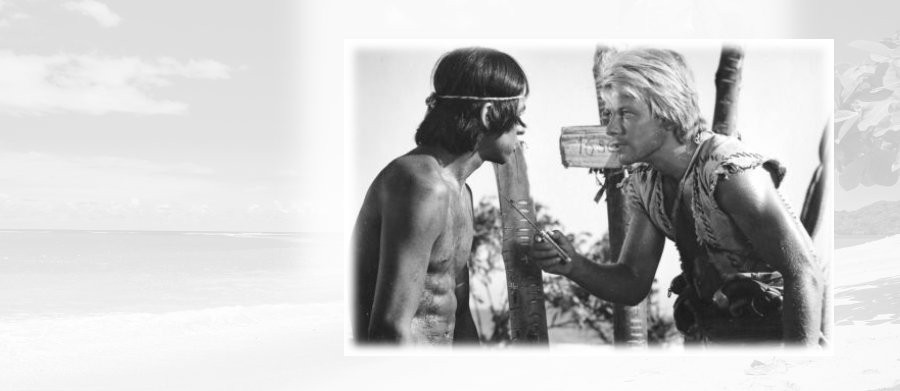
The Adventures of Robinson Crusoe
1964 - FranceOn 16 September 1697 Robinson Crusoe is washed up on a sandy beach unaware that he is the sole survivor of the Esmeralda, a ship bound for Guyana from Brazil, but ultimately doomed when it is caught in a violent storm.
Robinson soon discovers that not only is he the sole survivor but also the sole occupant of a tropical island which he estimates is somewhere off the coast of South America. With little hope of rescue Robinson begins his search for food, water and shelter whilst having to come to terms with his solitude. This 13 part dramatisation follows the adventures of Robinson Crusoe as he sets off on a discovery of his new island home and overcomes the trials and tribulations that face him, such as making fire for the first time, protecting himself from the elements and having to deal with setbacks and threats to his personal safety with the arrival on the island of cannibals and mutineers.
The series is also punctuated with flashbacks of Robinson's early life as events unfold from his formative years in York where his father is keen for him to train as a lawyer, leading to an unhappy apprenticeship before he finally runs away to sea and is captured by slave traders. His island solitude is ended when company arrives in the form of a dog which he rescues from the washed up wreckage of his ship and a man he saves from the cannibals who he then names 'Friday.'
The series is based on Daniel Defoe's 1721 classic which itself was based on the true story of Alexander Selcraig (later Selkirk), who had put to sea around the turn of the century. Defoe was sixty when he wrote the book which soon became, and has remained ever since, a classic of English literature.
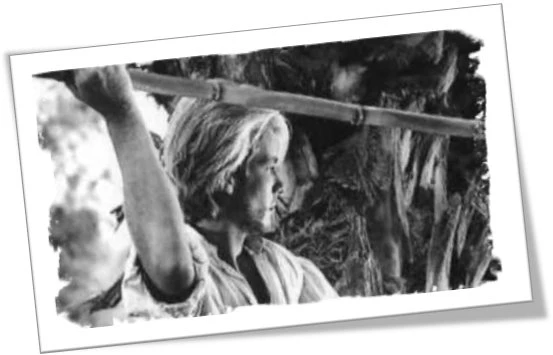
Made by Franco-London Films and filmed in black and white on location in the Canary Islands in 1964 and syndicated in America in the same year before airing in Britain in 1965 on BBC television commencing 19 October, The Adventures of Robinson Crusoe soon established itself in the UK as a vital part of children's early evening broadcasting. Especially remembered is the haunting theme tune and musical score which were the work of Robert Mellin and Gian-Piero Reverberi and have become forever etched into the consciousness of a generation of children and many modern day musicians, including 'The Art of Noise' have recreated it in their own styles.
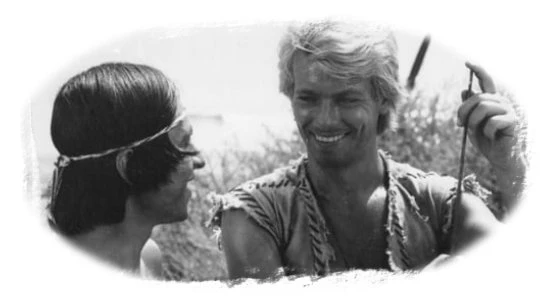
Playing the role of Robinson Crusoe was 23-year-old blonde-haired Austrian born actor Robert Hoffman with Fabian Canalos appearing in the last four episodes as Friday. Following the series Hoffman went on to have a distinguished career mainly in German language films, although he did enjoy stardom in the UK once more in 1980 when he appeared alongside Gregory Peck, Roger Moore, Patrick McNee, Trevor Howard and David Niven in the movie The Sea Wolves and also appeared, briefly, in the US series Dallas.
There was a time when it seemed as though only the memory of this classic children's series would remain as it was thought that all prints had been destroyed. The BBC lost their own prints of the series in the early 1980s as they were dumped in a skip. But the series was given a new lease of life in 2007 when Network DVD released it as a two-disc set containing a number of extras such as an archive interview with Robert Hoffman, a merchandise gallery, the original French audio track (which was overdubbed for US and UK broadcast), and an extensive image gallery. For those of a certain age who remember this series, and even for those wishing to discover one of Britain's most classic pieces of literature for the first time, The Adventures of Robinson Crusoe comes highly recommended.
Seen this show? How do you rate it?
Seen this show? How do you rate it?
Published on May 9th, 2020. Written by Laurence Marcus for Television Heaven.


